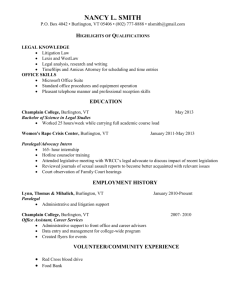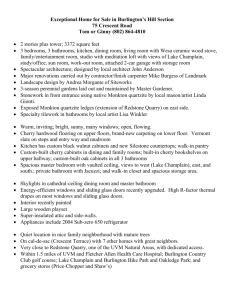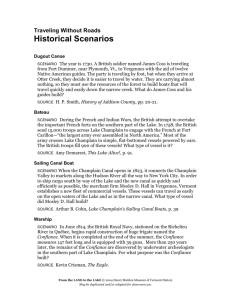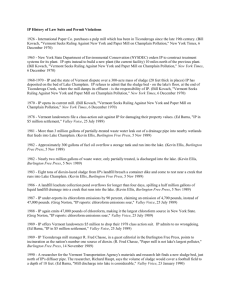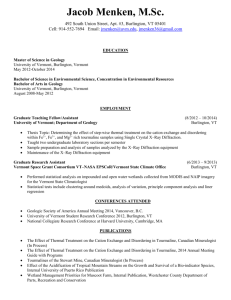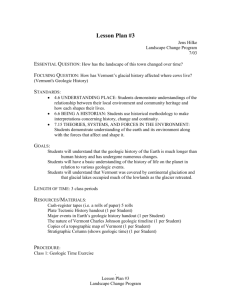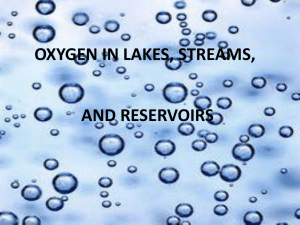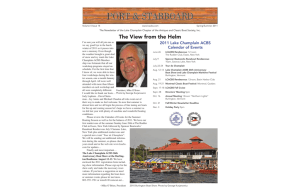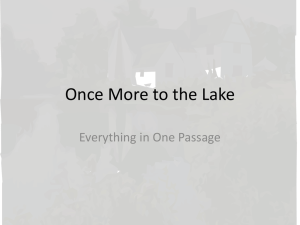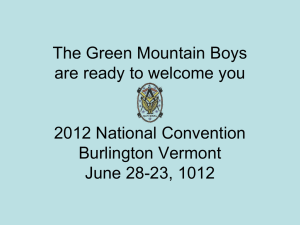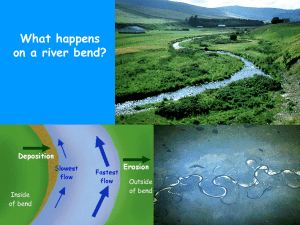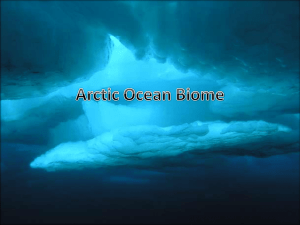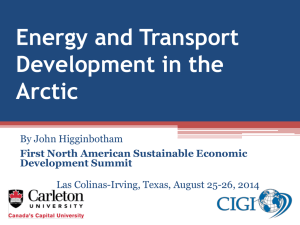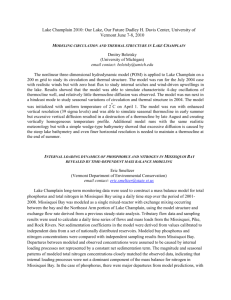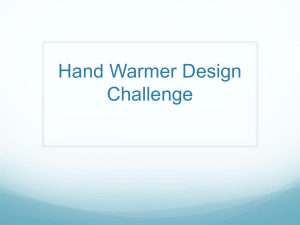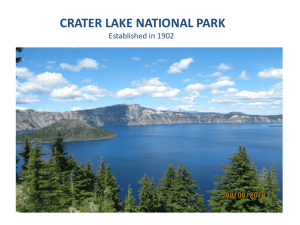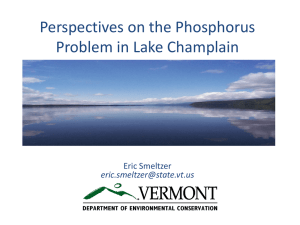Global Climate Change
advertisement
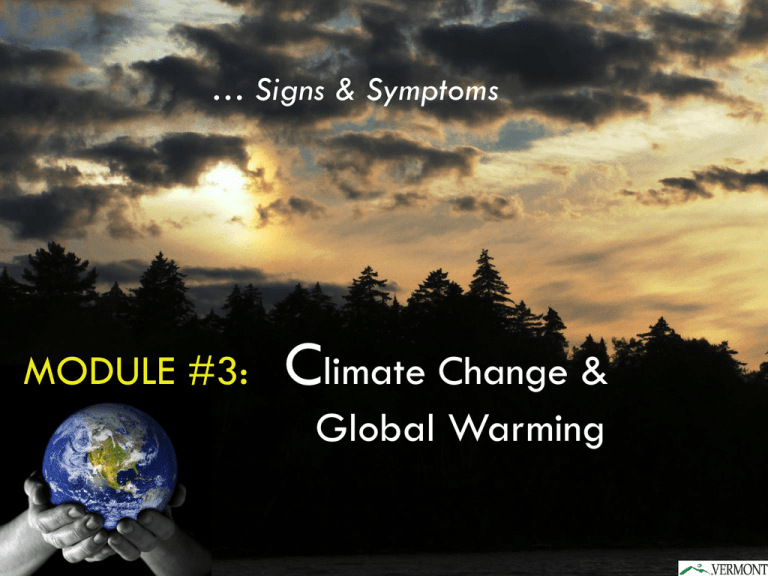
… Signs & Symptoms MODULE #3: Climate Change & Global Warming From melting ice in the Arctic… All around the globe, scientists are seeing signs and symptoms of climate change… To rising sea levels … All around the globe, scientists are seeing signs and symptoms of climate change… Photo credit - Hazecam To changes right in our own backyards… All around the globe, scientists are seeing signs and symptoms of climate change… Let’s take a closer look at some of these signs… Source: NASA Greenland’s melting glaciers Source: Arctic Impacts of Arctic Warming, Cambridge Press, 2004). Red areas show the ‘melt zone’ where summer warmth turns snow and ice around the edges of the ice sheet into slush and ponds of meltwater Rising Seas around the globe… What is happening here in the Northeast? What is happening here in Vermont? 1907 to 2007 Burlington Vermont Lake Champlain Mean Lake Elevation and Average Annual Precipitation 100.00 55 50 99.00 45 40 98.00 35 30 97.00 25 ` 20 96.00 15 10 95.00 5 0 1906 1908 1910 1912 1914 1916 1918 1920 1922 1924 1926 1928 1930 1932 1934 1936 1938 1940 1942 1944 1946 1948 1950 1952 1954 1956 1958 1960 1962 1964 1966 1968 1970 1972 1974 1976 1978 1980 1982 1984 1986 1988 1990 1992 1994 1996 1998 2000 2002 2004 2006 94.00 Lake Champlain Mean Level Linear (Lake Champlain Mean Level) Burlington Annual Precip Linear (Burlington Annual Precip) What is happening now? … or may happen soon? Shift in range, distribution and abundance of various wildlife species, due to loss of suitable habitat. Cold-water fish are especially susceptible, as well as certain migratory birds and songbirds. What is happening now? … or may happen soon? Reduced maple sap harvests resulting from changes in climate and tree health Altered geographic distribution & health of trees (maple, beech & birch are likely to Muted be replaced by pine, oak, & hickory thatautumn thrive in a slightly warmer climate) colors What is happening now? … or may happen soon? Lyme Disease Cases with Vermont Exposure Origin (Source: VT Dept of Health website) 90 Northward shift of rodent, tick, and insectborne diseases that require warmer temperatures to survive. Number of Reported Cases 80 70 60 50 40 30 20 10 0 1999 2000 2001 2002 2003 2004 2005 2006 2007 Year Warmer summertime temperatures are likely to reduce air quality by helping to create ground-level ozone. This will result in increased cases of asthma & other respiratory illnesses. … Please take a look at MODULE #4 to learn what you can do to reduce GHG emissions and slow climate change
